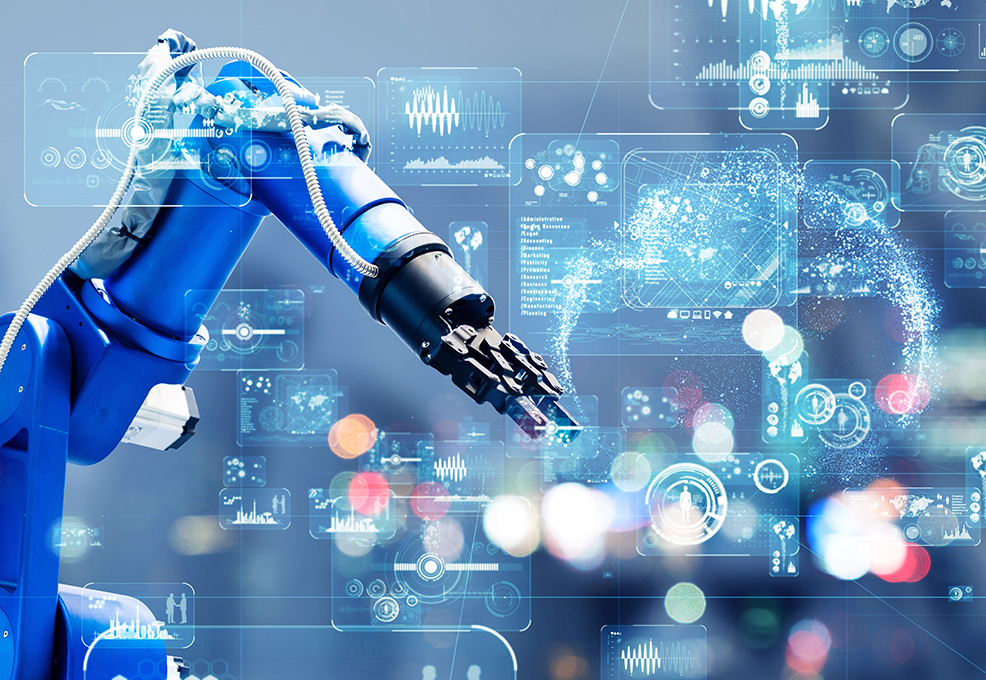Mobile 5G enables smart living and digital economic development
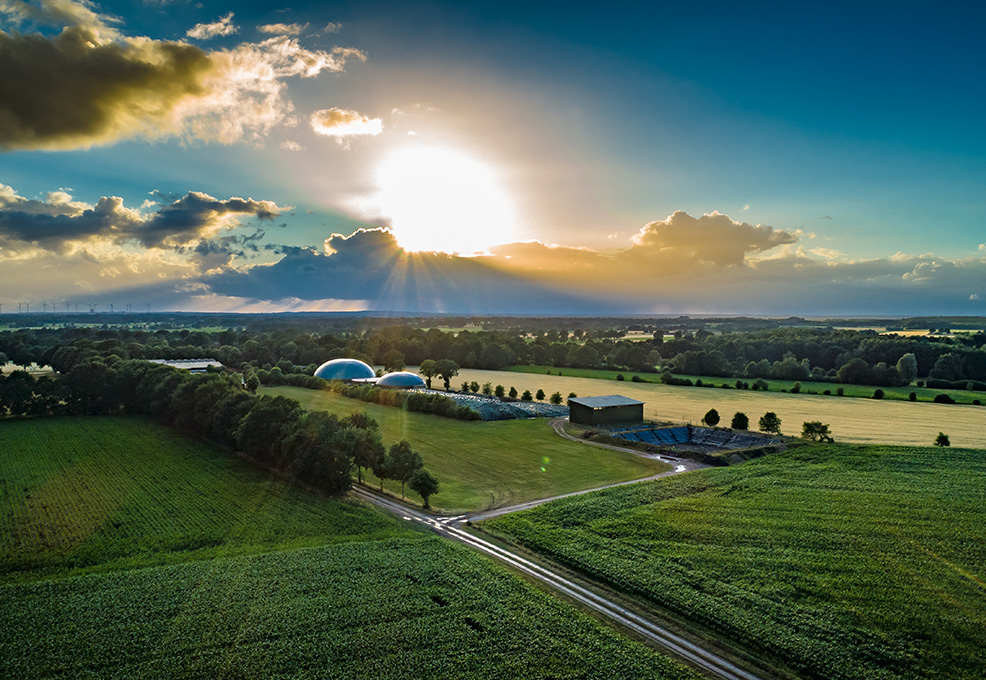
Author(s)
Chih-Ting KuoBiography
Dr. Kuo currently works as Technology Manager at Universe Circular Technology Inc. He was a postdoctoral research associate at Illinois Sustainable Technology Center at University of Illinois from 2017 to 2020. His research focuses on algal wastewater treatment, anaerobic digestion, and hydrothermal liquefaction.
Academy/University/Organization
Universe Circular Technology Inc.-
TAGS
-
Share this article
You are free to share this article under the Attribution 4.0 International license
- ENGINEERING & TECHNOLOGIES
- Text & Image
- November 16,2021
In the era of the circular economy, livestock farms are no longer displeasing facilities. Instead, they are in a perfect position to integrate renewable energy, the environment, and agriculture. Universe Circular Technology Inc. is cooperating with Hong-Chi farm and the Environment Protection Agency to construct the first centralized swine waste management and reclamation center. We apply IOT technology to a high-efficiency anaerobic digester, two-stage desulfurization system, biogas power generator, and aerated composting system to reduce labor costs and maximize power generation. The treated effluent and composted organics are then used for irrigation and as fertilizer. This livestock circular economy scenario achieves a balance between livestock, agriculture, energy, and environment.
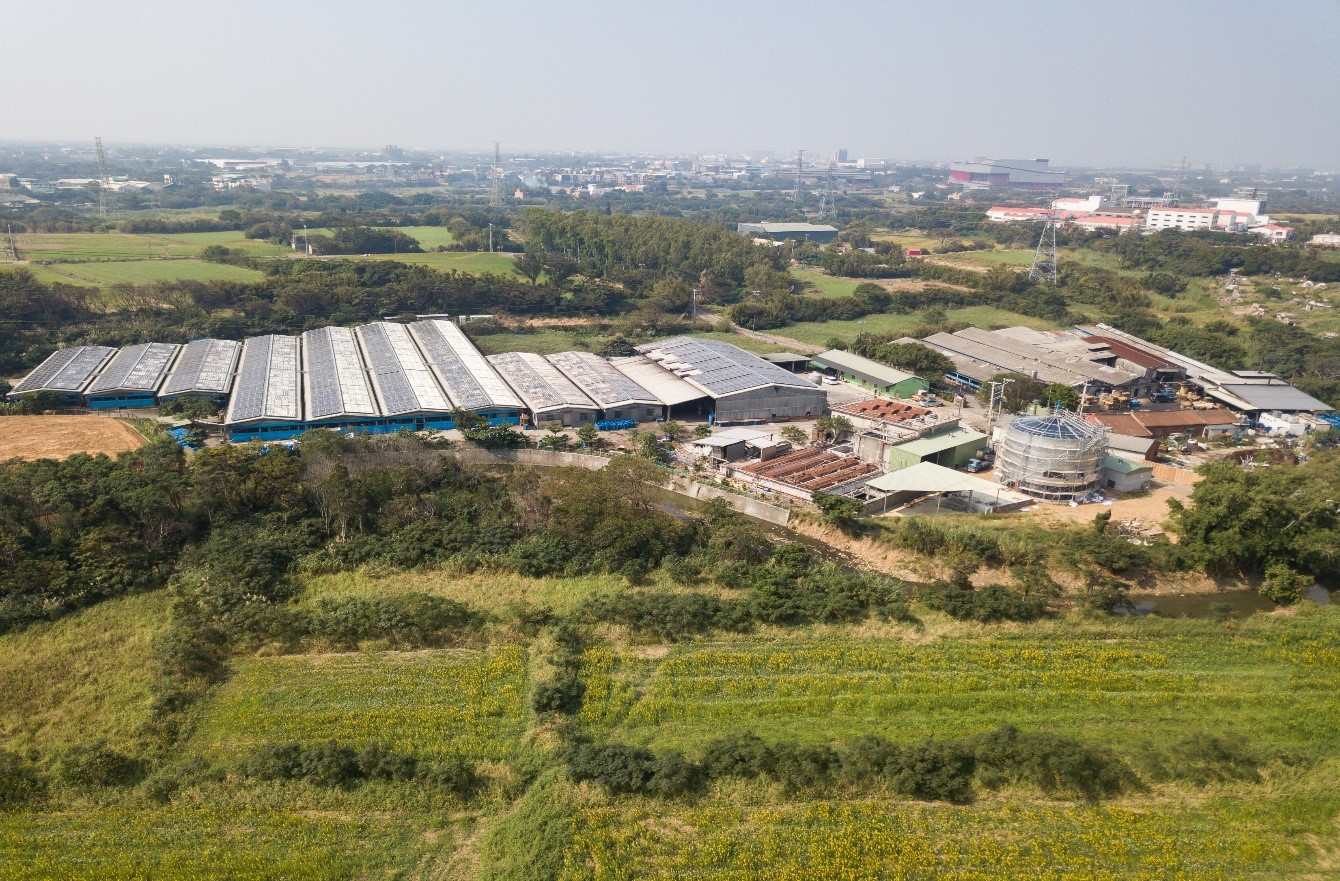
Hogs and pigs are the main sources of meat in Taiwan, and there are over 6 million heads of swine in the inventory. About 120,000 tons of manure are produced by the pigs every day, which is enough to fill the whole building of Taipei 101 three times every year. Without a doubt, manure management has become an important issue for the government. Therefore, the Taiwan Environment Protection Agency (EPA) started a centralized management project for swine farms. The idea is to encourage large swine farms to build treatment facilities for all farms within a reasonable radius, and manure will be gathered for centralized management. The main advantage of this approach is the economies of scale: cheaper equipment costs, lower maintenance fees, and steadier performance, which allows the facility to implement biogas power generators. Universe Circular Technology (UCT) Inc. and Hong-Chi swine farm have completed the first centralized swine waste management facility to demonstrate the circular economy of livestock farms.
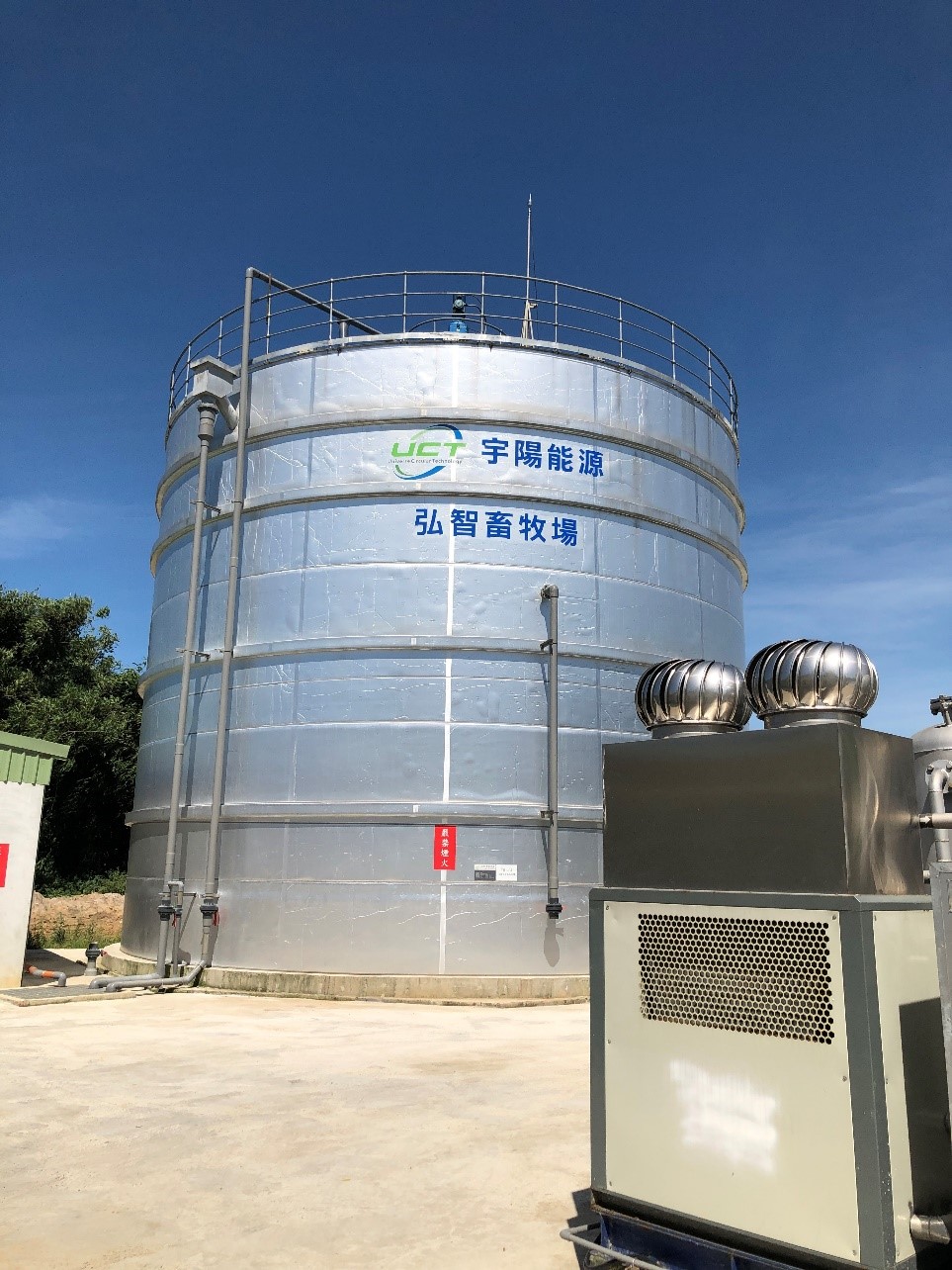
Figure 1. High-efficiency anaerobic digester and biogas power generator
Wastewater generated from Ho-Shin farm is pumped to Hong Chi swine farm through pipelines. The amount of wastewater from Hong-Chi swine farm and Ho-Shin swine farm is 100 CMD and 60 CMD per day. Wastewater is first processed through the solid-liquid separator to remove particles in the water. The filtered liquid is then pumped to the high-efficiency anaerobic digester that consumes organics to produce biogas. The digester is made of glass-lined-steel (GLS) ( Figure1). The strength of GLS is superior, which is vital since Taiwan has strict construction standards for earthquakes and typhoons. In addition, GLS can stand severe pH change, resist most chemicals, and inhibit the formation of biofilm. With the proper reactor design and operation optimization, the biogas yield reaches 98% of the theory value, while the methane concentration is in excess of 80%. The biogas purity is remarkable compared to past studies. The biogas is then passed through a two-stage desulfurization system before entering the biogas power generator. The biogas power generator has implemented IOT technologies that can automatically switch on and off based on the biogas pressure to maximize power generation. The biogas yield and power generation are 673 m3/d and 1200 kWh/d, respectively. The generated power is sufficient to support 100 families. Since enormous amounts of methane are captured for energy, 5,728 tons of CO2 emissions have been avoided. That is equal to 130 families’ annual CO2 emissions.
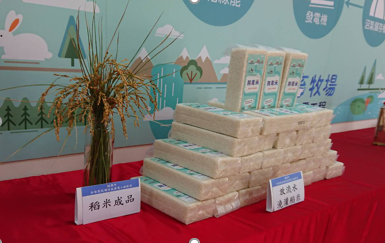
Figure 2. Exhibition of treated effluent irrigated environment-friendly rice
Besides biogas power generation, UCT also cooperates with local rice farmers to cultivate environment-friendly rice (Figure 2). The swine farm effluent is reused effectively, and over 80% of the treated water is used for irrigation. Therefore, the rice farm still has sufficient water during the drought season when irrigation water is cut off. In addition, the patented aerated composting reactor converts the solid organics into fertilizer. UCT provides the organic fertilizers to local farms to reduce their cultivation costs. So far, we have found that the yield of the environment-friendly rice is 30% higher than that of traditional farms. The livestock farms and the land farmers have developed a symbiotic relationship that benefits each other and the environment. UCT will continue to expand the livestock circular economy model in order to help Taiwan become more sustainable.
STAY CONNECTED. SUBSCRIBE TO OUR NEWSLETTER.
Add your information below to receive daily updates.




